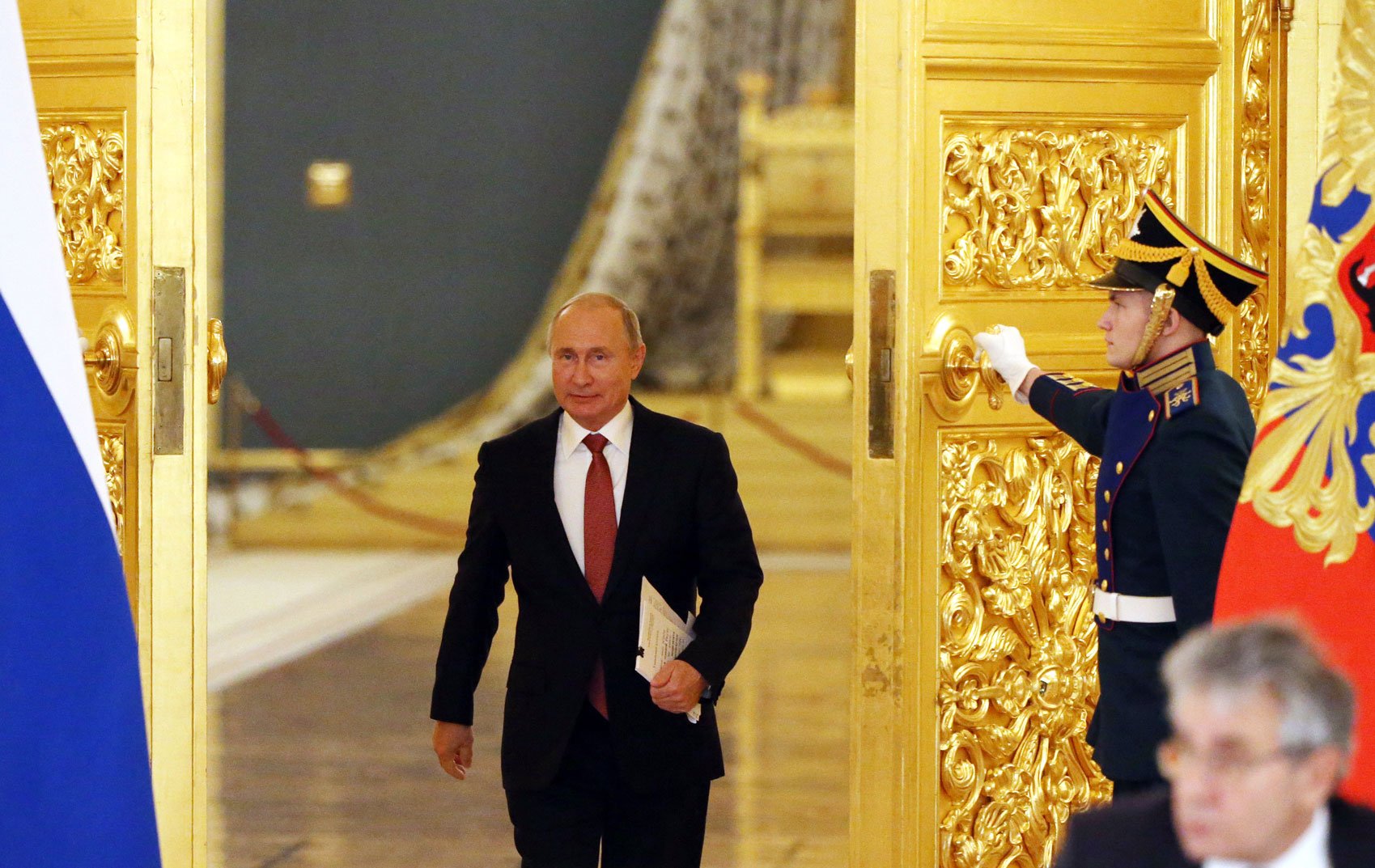By Gavin Wilde
Less than a year before Vladimir Putin unleashed the largest armed conflict on European soil since World War II, the Kremlin quietly expanded the Russian Security Council’s Science Council, an advisory body composed of nearly 150 prominent academics and government figures. Among the new members was a deputy commander of a nondescript military unit: one A.G. Starunskiy. Russian investigative journalists subsequently alleged that this Starunskiy was really Aleksandr Gennadiyevich Starunskiy, a high-ranking officer of the General Staff’s Main Intelligence Directorate (GRU) who had been intimately involved in that agency’s disinformation and influence campaigns.
The Science Council is apparently engaged on the information warfare front. Last October, it advocated harsher criminal penalties for disseminating “fakes” via social media. Since then, it has met at least twice with Security Council Secretary Nikolay Patrushev to address the West’s purported push for “controlled regime change” in Russia and its blame for the world’s woes — for which the Kremlin has long alleged the West leverages the power of the internet. While little is currently known about the military entity for which Starunskiy later came to be second-in-command (unit 55111, per the Kremlin announcement), some additional context about Starunskiy and his bona fides is available through open sources. Whether or not he remains engaged in waging Moscow’s information war against the West, his expertise poses intriguing questions about how Moscow conceptualizes the craft — particularly as his star continues to rise within the Russian security apparatus.
Over the past two decades, Starunskiy has apparently assessed both the U.S. and Chinese military practice of psychological operations, and he more recently served as a member of the editorial board of the Russian Defense Ministry’s monthly “Foreign Military Review.” However, he is perhaps most notable — and noted, among other Russian academics — as an authority in the obscure field of acmeology, which was the focus of his 1998 dissertation: “The Psychological Effect as an Object of Acmeological Research.” Therein, Starunskiy “consider[s] psychological effects in the context of a specific area of professional activity and the people involved in it,” which in his chosen case study includes Russian military service members and their susceptibility to adversary messaging. Starunskiy concludes that “based on an acmeological study of armed conflicts … the most acute problem of information and psychological security of a person manifests itself in a combat situation, when military personnel, in addition to other psycho-traumatic factors, are targeted by special structures of the armed forces of the warring parties.”
This piece was originally published in New Lines Magazine on September 14, 2022. Read more HERE.

